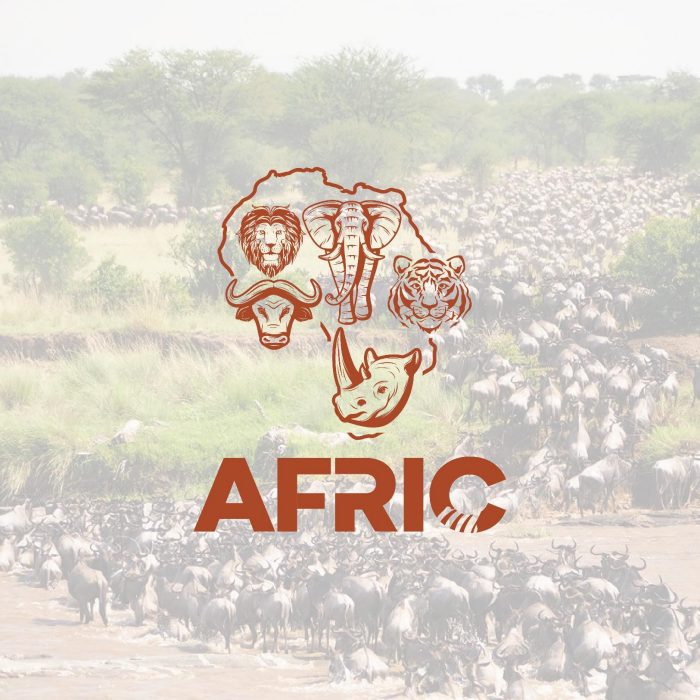Introduction to Decentralized Insurance Workshop

Decentralized insurance: a hands-on introduction
Presented by Rodrigue Kazzi
In this interactive session, we start by getting a first look at what makes an insurance model decentralized and how it differs from traditional insurance. Together, we explore what gaps decentralized insurance can fill, what principles it can respect, and what information or inputs it can rely on.
Decentralized insurance – some theoretical aspects
Presented by Jan Dhaene
In this part of the workshop, we give a basic overview of some recent results on decentralized insurance, which is a risk-sharing alternative for the classical insurance approach with a central insurer. We consider risk-sharing pools where each participant is compensated from the pool for his loss and pays in return an ex-post contribution to the pool. The contributions of the participants follow from an appropriate risk-sharing rule, which is chosen such that the pool is self-financing.
Decentralized risk-sharing revives early forms of mutual insurance and has been applied for centuries in traditional communities. The recent interest in a sharing economy, collaborative consumption and decentralized finance, together with recent advances in technology have made decentralized risk-sharing a viable candidate to disrupt the traditional insurance sector.
We introduce and discuss a list of relevant properties of risk-sharing rules. A number of candidate risk-sharing rules are considered, including the simple uniform risk-sharing rule, as well as the conditional mean risk-sharing rule and the quantile risk-sharing rule. Their compliance with the proposed properties is investigated. Also, axiomatic characterizations of the above-mentioned risk-sharing rules are considered.
Decentralized insurance from a global perspective
Presented by Runhuan Feng
Decentralized insurance encompasses a diverse array of risk-sharing and risk-transfer mechanisms that enable participants to pool resources and provide mutual protection. Unlike centralized insurance, where risks are consolidated and managed by a single insurer, decentralized insurance distributes risks among participants. This concept, rooted in principles that have been practiced across cultures and throughout history, represents a fundamental approach to collective risk management.
This presentation provides an overview of various social and economic forms of decentralized insurance, including mutual aid, takaful, tontines, catastrophe risk pooling, stokvels, moai, loan compensation funds, and crypto insurance. By exploring the global diversity of decentralized insurance practices, we aim to demonstrate its pivotal role in fostering innovation in risk management as human civilization evolves.
Democratizing insurance through blockchain: How decentralized finance is transforming risk management
Presented by Marco Mirabella
This presentation examines the transformative potential of blockchain technology in reshaping traditional insurance models through decentralized finance (DeFi) principles. Drawing on empirical evidence from real-world implementations, we will explore how blockchain-based insurance platforms are addressing longstanding inefficiencies in the insurance sector while creating unprecedented opportunities for financial inclusion.
The insurance industry has historically been characterized by high operational costs, limited accessibility, and slow claims processing. Decentralized insurance platforms leverage smart contracts to automate underwriting, policy management, and claims settlement, significantly reducing these friction points. The presentation will analyze how stablecoin-denominated capacity managed by smart contracts creates capital efficiency, enabling broader participation in insurance markets previously restricted to institutional investors.
Particular attention will be given to parametric insurance models, where smart contracts execute automatic payouts based on predefined events verified through oracle systems. This approach eliminates the need for manual claims processing and demonstrates measurable improvements in settlement speed and customer satisfaction. The discussion will include specific applications in underserved markets, highlighting how blockchain-based insurance solutions are extending coverage to communities traditionally excluded from formal insurance mechanisms.
The presentation will conclude with an examination of key challenges facing decentralized insurance, including regulatory uncertainty, oracle reliability, and smart contract security. By identifying both opportunities and obstacles, this analysis provides a balanced assessment of how DeFi insurance may fundamentally reshape risk management practices in the digital economy.








